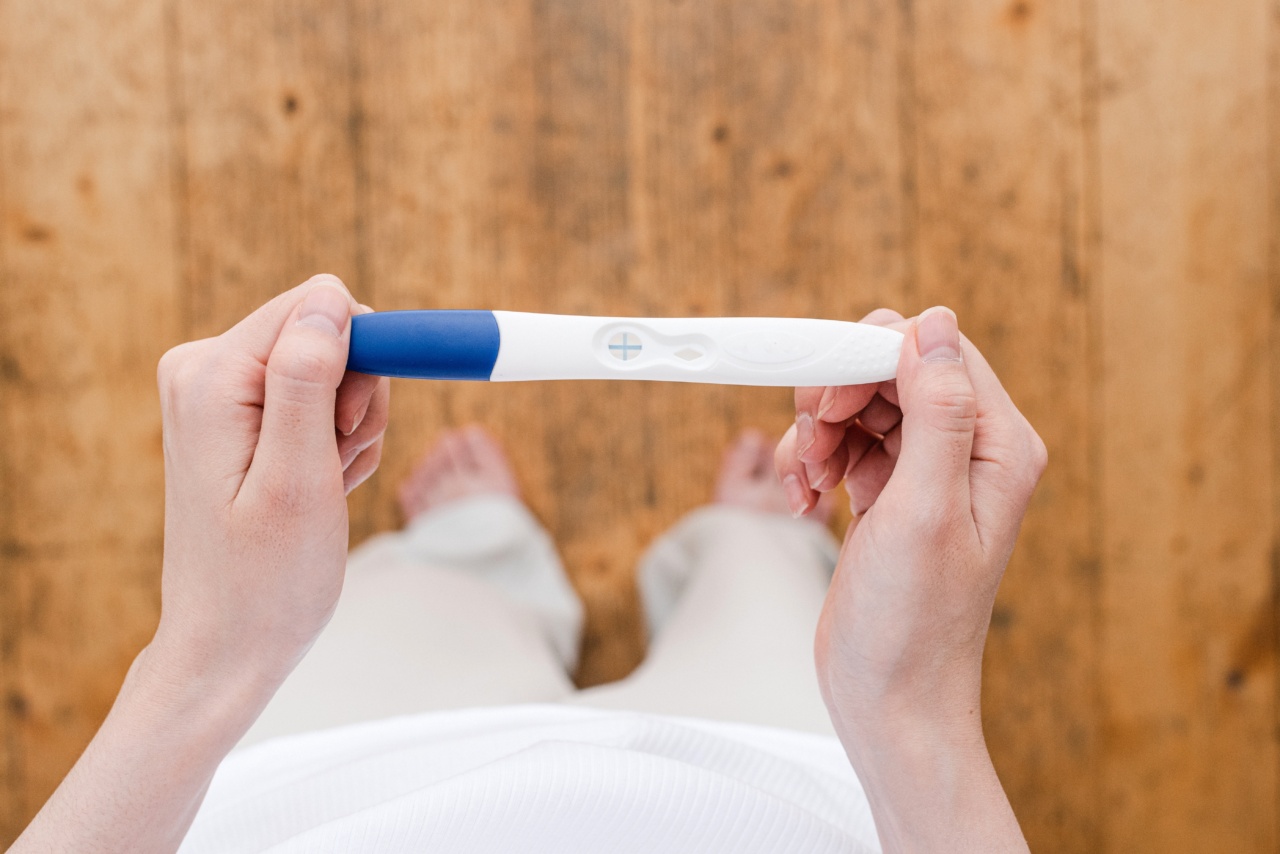At-home pregnancy tests have been around since the 1970s and have become a popular way for women to confirm their pregnancy status without going to a medical professional.
These tests use urine samples to detect the presence of the hormone human chorionic gonadotropin (hCG), which is produced by the placenta after a fertilized egg has implanted in the uterus. While at-home pregnancy tests are generally reliable, there are some factors that can affect their accuracy, making it important for women to understand how they work and what to watch out for.
How Do At-Home Pregnancy Tests Work?
At-home pregnancy tests work by detecting hCG in urine. However, it’s important to know that hCG levels are not always consistent in early pregnancy. As a pregnancy progresses, the amount of hCG in a woman’s urine increases.
This means that the further along a woman is in her pregnancy, the more likely an at-home pregnancy test will be accurate.
Most at-home pregnancy tests come with detailed instructions that explain how to use the test and interpret the results.
In most cases, the test is done by collecting a urine sample in a cup and then using a dropper to place a few drops of urine on the test strip. The test strip contains antibodies that are designed to bind to hCG. If hCG is present in the urine, the antibodies will bind to it and produce a visible line or other indication that the test is positive.
Factors That Can Affect the Accuracy of At-Home Pregnancy Tests
While at-home pregnancy tests are generally reliable, there are some factors that can affect their accuracy.
Timing
The timing of when a woman takes the test can affect its accuracy. If a woman takes the test too early, before hCG levels have had a chance to build up in her urine, the test may produce a negative result even if she is pregnant.
Most pregnancy tests are designed to be used after a woman has missed her period, as this is when hCG levels tend to be high enough to produce an accurate result.
Expiration Date
At-home pregnancy tests have an expiration date. If a woman uses an expired test, it may produce inaccurate results. The expiration date should be checked before using a test, and if it has expired, a new test should be used instead.
Incorrect Usage
At-home pregnancy tests must be used correctly in order to produce accurate results. If a woman doesn’t follow the instructions that come with the test, or if she misreads the results, she may get an inaccurate result.
It’s important to carefully read the instructions for the test before starting and to follow them precisely.
Medical Conditions
Some medical conditions can affect the accuracy of at-home pregnancy tests.
For example, if a woman has had an ectopic pregnancy, where the fertilized egg implants outside of the uterus, she may have high levels of hCG in her blood that doesn’t show up in her urine. If a woman is taking fertility drugs that contain hCG, she may get a false-positive result on an at-home pregnancy test.
Types of At-Home Pregnancy Tests
There are two primary types of at-home pregnancy tests: urine tests and blood tests.
Urine Tests
Urine tests are the most commonly used type of at-home pregnancy tests. These tests are simple to use and can produce results in just a few minutes. Urine tests can detect hCG levels as early as the first day of a missed period.
Blood Tests
Blood tests are another type of pregnancy test that a woman can have done at a medical clinic or doctor’s office. These tests are more sensitive than urine tests and can detect hCG levels much earlier.
Blood tests can detect hCG as early as six to eight days after ovulation. However, blood tests are more expensive and take longer to produce results than urine tests.
Conclusion
At-home pregnancy tests can be a convenient and reliable way for women to confirm their pregnancy status. However, it’s important to understand how these tests work and what factors can affect their accuracy.
If a woman is uncertain about the results of an at-home pregnancy test or has questions about pregnancy testing, she should contact her doctor or other medical professional for guidance.























